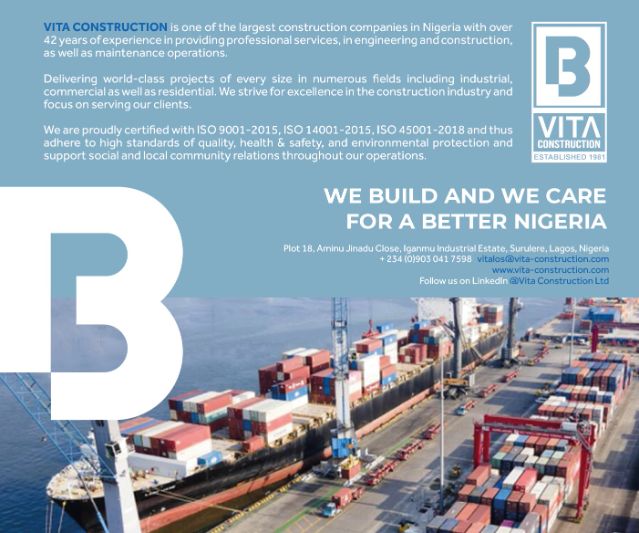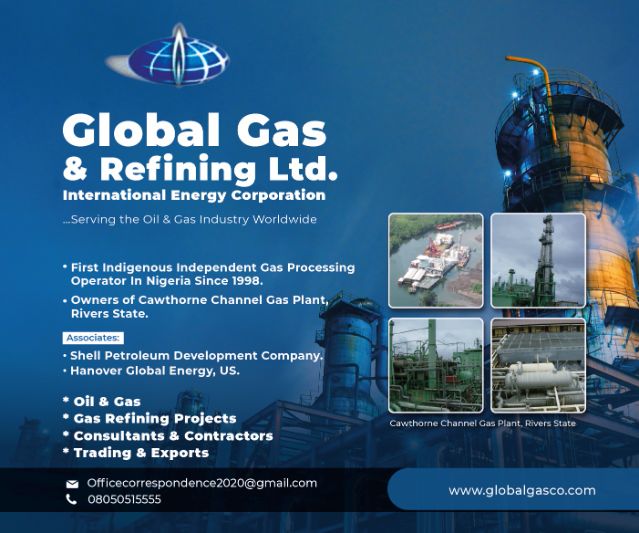Venezuela is in the midst of an unparalleled man-made humanitarian crisis, resembling a nation at war.
Predominant issues include severe shortages of food and medicine, widespread crime, and persistent electricity blackouts.
The country is currently grappling with what economists term an extreme case of hyperinflation, where the prices of goods double every 26 days.
Shockingly, a cup of coffee that cost 450 Bolivares in 2016 surged to a staggering 2.5 million Bolivares by 2019.
With 90% of Venezuelans living in poverty, the national currency has virtually lost its value, prompting the poor to resort to a barter system while the affluent use the US dollar.
In the 1960s and 1970s, Venezuela was the wealthiest country in Latin America, renowned as the giant of the continent.
However, it now faces an economic downfall reminiscent of another giant from a different continent.
Despite possessing the world’s largest oil reserves (over 18%), Venezuela’s over-reliance on its oil industry led to the phenomenon known as the resource curse.
The 1970s oil boom propelled the nation into unprecedented wealth, but the failure to diversify the economy and overdependence on oil resulted in a resource curse.
When oil prices plummeted in the late 1970s, Venezuela encountered economic challenges.
The government, burdened with debt exceeding 33 billion dollars, sought loans from the International Monetary Fund (IMF), imposing austerity measures on citizens in return.
The subsequent riot in 1989, similar to events in another country, led to military intervention, escalating the crisis.
As the rich transferred their wealth abroad, capital flight worsened the economic situation.
Hugo Chavez, elected in 1998, promised change but exacerbated the dependence on oil, neglecting maintenance of oil facilities.
His charismatic leadership took an autocratic turn, echoing patterns seen elsewhere.
Chavez’s economic policies, including devaluing the currency and restricting access to foreign exchange, led to massive hyperinflation.
His successor, ruling by decree and suppressing opposition, further deteriorated the economy.
Venezuela’s current state mirrors a familiar trajectory: extreme dependence on oil, failure to diversify the economy, political and economic mismanagement, corruption, and plummeting oil prices.
This pattern, observed in both Latin America and West Africa, is a perilous journey shared by any nation following this road.










